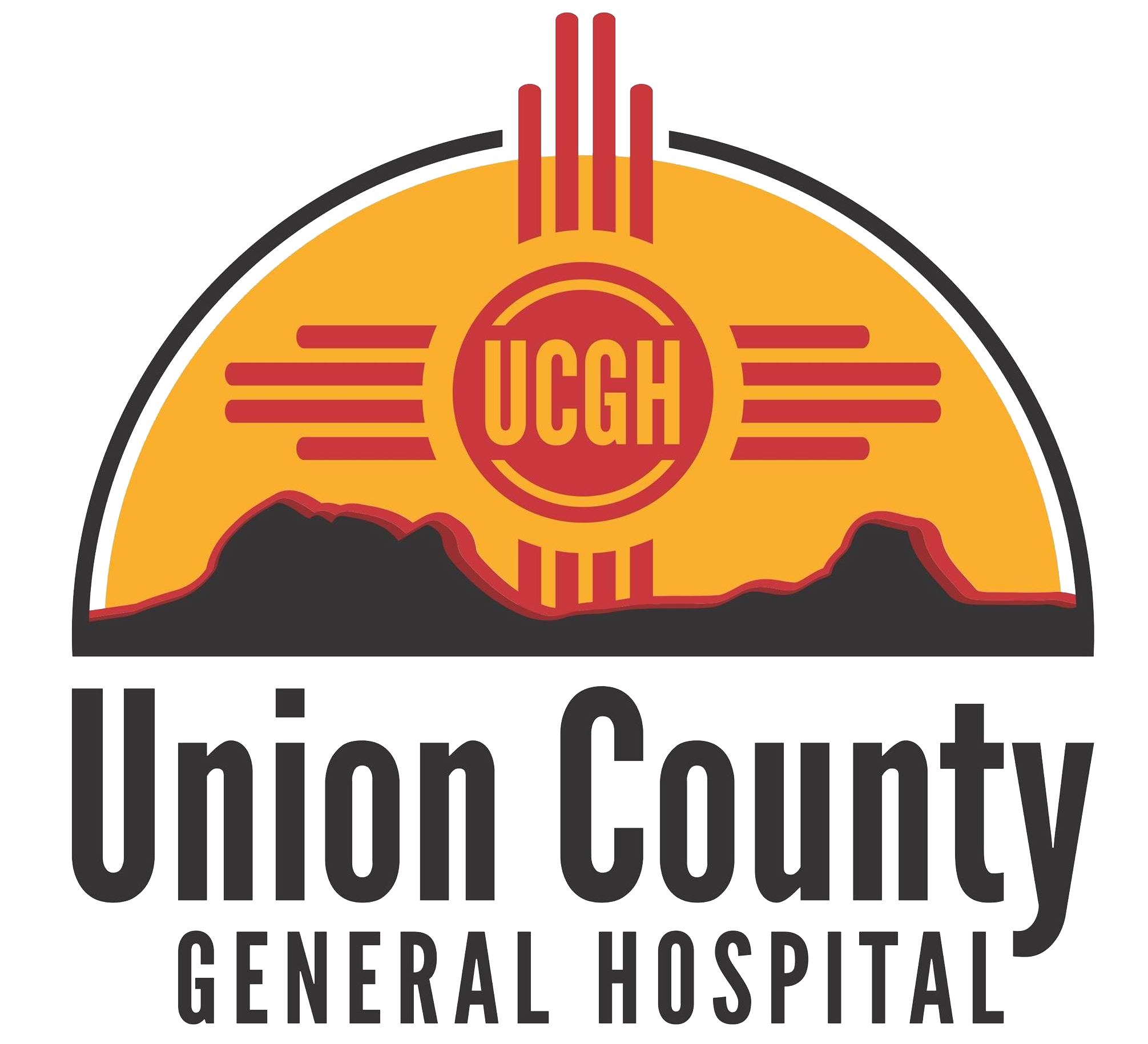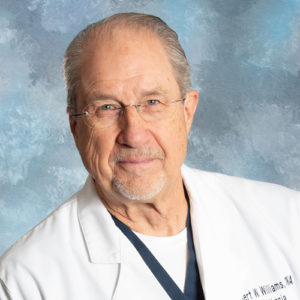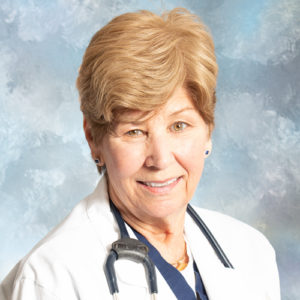UCGH Surgical Care
UCGH knows that no one likes the idea of having to undergo surgery. Yet, at times surgeries are necessary.
Although we can do nothing to prevent the need for a surgery, we can do something to help our patients who must undergo the procedure.
If you have been scheduled for a surgery, the Surgical Care staff at UCGH is here to help.
Please take a moment to review the following information. This will help you prepare for your surgery and know what to do to have the best possible recovery.

How to Prepare for Surgery
Just knowing that you must undergo a surgery can be intimidating. For this reason, knowing how to prepare can take away some of the anxiety. This alone can help you heal more quickly, but here are some practical things you can do to better yourself and speed healing after.
Pre-admission Screening or Testing (PAT) is part of the process before a surgery is performed. This could consist of a phone interview, an in-office interview, and/or lab tests as determined by your doctor. In most cases, this screening will occur within 14 days of the surgery.
Your doctor will want a list of all medications you currently take, both prescription and over-the-counter. This includes vitamins and supplements.
The most common lab tests your doctor may order include:
- complete blood count (CBC)
- complete medical profile
- Electrocardiogram (EKG)
- x-rays
- stress test
Your doctor will also want to obtain a pacemaker or defibrillator placement report if needed. This will be provided by the attending physician or surgical center which performed the operation.
Most important, be sure to provide as much information related to your health and background as possible. In the case of preparing for surgery, more is always better and do not hide any health issues. The smallest thing may be important to your full recovery.
Outpatient Surgeries
An outpatient surgery is one which will have you home in less than a day (under 24 hours). Often, these surgeries will take place in a physicians office, but may occur at the hospital. For instance, colonoscopies and other scopes are provided as outpatient services under the direction of our Imaging center.
Important Patient Information
If the surgery is at UCGH, we recommend you leave large amounts of cash and jewelry at home and do the following:
- Wear loose-fitting clothes such as sweat pants and a large T-shirt.
- Either wear slippers or bring a pair.
- If you wear contacts or glasses, bring a case for them.
- Bring any healthcare directives you have (i.e. living will, power of attorney, healthcare proxy).
- Bring a list of all medications including date/time of last dose.
- If you use a walker or crutches, bring these.
- For children, bring a favorite toy or blanket.
- If there is a co-payment required, bring it.
- Make pre-arrangements for transportation home if no one will be waiting during the surgery.
- Review instructions provided by your doctor.
- Do not eat or drink after midnight the night before your surgery.
- Ask your doctor whether you continue taking your regular medications or when you should stop taking them prior to your surgery.
- Shower and shampoo the night before and do not wear makeup or nail polish.
- If you wear dentures, bring a case and be sure to let the surgical staff know; remove them prior to surgery.
Inpatient Surgeries
When you are to be admitted for an inpatient surgery, the recommendations are the same as with an outpatient surgery but include:
- Bring a robe, nightgown, or pajamas.
- Bring personal toiletries such as toothbrush and dentures.
- Read any materials provided by the staff related to your stay.
How to Prepare for Recovery after Surgery
After surgery, you will receive information from the UCGH Surgical Staff related to after-surgery home care. These instructions contain important information related to issues which sometimes or frequently arise after the type of surgery you underwent. Be sure to read these instructions carefully and follow them exactly.
In addition, you will want to do or avoid the following for at least 24 hours:
- DO NOT OPERATE heavy machinery - this includes automobiles, even small ones. Be sure to arrange transportation from the hospital to your home.
- Do not remain alone. You should have someone present and alert, a responsible adult, who can care for you and assist you in moving about, but only as necessary. Dizziness and sleepiness is common after a surgery.
- Do not conduct any legal or other important business, nor sign any documents.
- Avoid alcohol, including beer.
- Avoid heavy lifting, do not engage in sports, or heavy work.
- Progress slowly to normal food, starting with a soft or liquid diet (report nausea or vomiting to your doctor).
Over the course of the several days following your surgery, watch for signs of infection at the incision. Signs include oozing pus, a foul odor, pain, redness, and swelling. Also, watch for excessive bleeding, difficulty breathing, nausea, vomiting, unusual pain, swelling, or fever. If any of these occur, let your doctor know.
The Surgical Staff at UCGH is Here to Help
The UCGH staff assists and monitors patients returning from surgery. Our goal is to help you have the best possible recovery.
To this end, the UCGH staff educates and prepares patients for their recovery upon leaving the hospital. The staff will provide you with information and guidelines which have been designed to provide you with a safe and speedy recovery. The closer to these guidelines you stay, the better your recovery.
If you have any questions about an upcoming surgery, do not hesitate to contact us.
Find Us
Located in Clayton, New Mexico, Union County General Hospital (UCGH) also proudly serves the communities of Texline and Dalhart, Texas, Boise City, Oklahoma, Des Moines, Raton, and Amistad, NM, and many smaller communities in the region.



